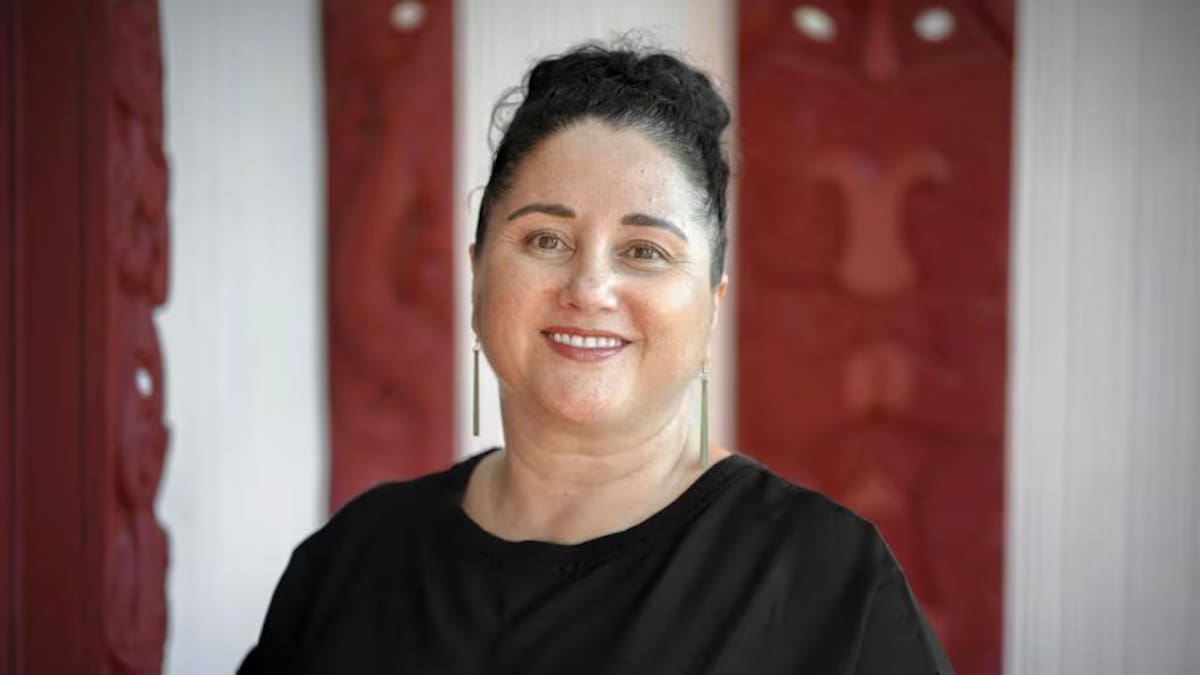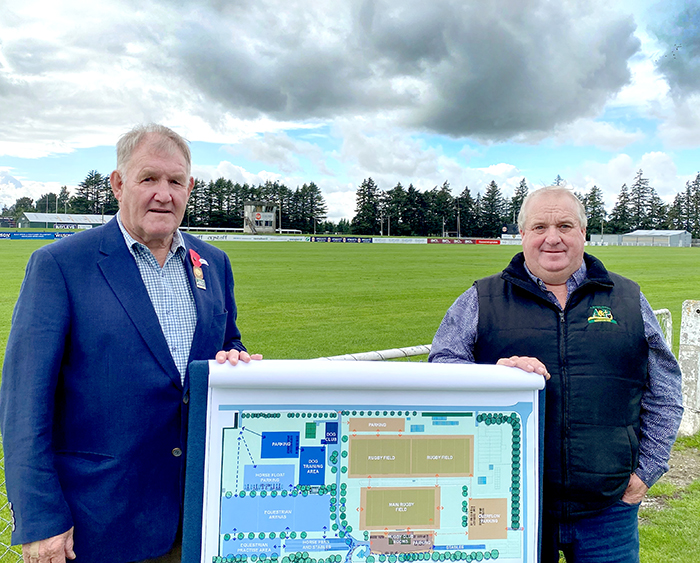“The project will expand our understanding of how hauora wānanga, rooted in mātauranga tuku iho, impact the hauora and mental health of community participants, and how these learnings can inform health interventions and educational settings like schools and universities,” Webber says.
The study of te kauae raro will focus on the practical aspects of living and cultural practices like mahi kōkōwai (clay work), raranga kōrari (flax weaving), hauhake tohorā (whale flensing), ngā wānanga a Hinekōpū (antenatal education), whakairo (carving) and mahi uku (pottery). These practices connect individuals to the physical world, enhancing their identity and connections to the environment and community.
The study of te kauae runga involves immersion in learning at a higher, more spiritual realm. It will examine the effects that these cultural practices have on a person’s identity, sense of connectedness, and overall wellbeing. Te kauae runga is about the deeper, often unseen, impacts of these practices that elevate and heal whānau and communities. It involves the spiritual and psychological dimensions that arise from engaging with Mātauranga Māori.
“We’re really interested in how those practices are taught in Whangārei Te Rerenga Paraoa, and how they elevate a person’s sense of self, identity, and connections to te taiao more broadly.
“The project will investigate how these learning progressions occur, what sustains healing beyond the wānanga, and how the knowledge gained influences participants’ lives and their communities.”
Webber says there’s a need for this research because much of the work done in health and education systems is predicated on Western knowledge.
“We know that the actual solutions are already in our hands. This project isn’t only focused on what happens in the wānanga but also on how the teachings can be applied more broadly.”
The overall objective is applying these insights in education and health settings, equipping teachers, nurses, counsellors, and school-based health workers with refined pedagogies to improve mental health education for Māori in schools and universities.





